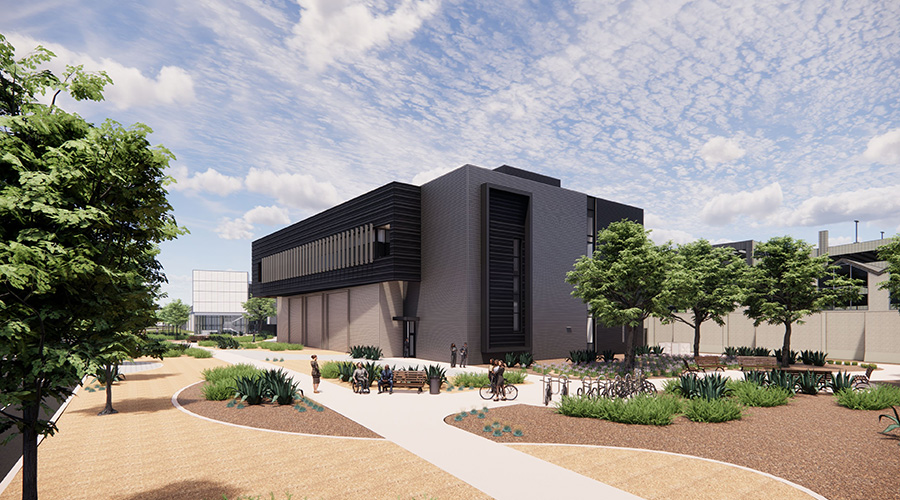A new study has found that healthcare staff working during the COVID-19 pandemic are up to 3.3 times more likely to feel burnout compared to non-healthcare professionals. Research by the Queen Mary University of London has discovered the impact of working in healthcare during COVID-19. The significantly increased likelihood of burnout leads researchers to become concerned about how this could result in more mental health disorders and cardiovascular diseases in healthcare staff.
Burnout is a state of physical and emotional exhaustion, according to Mental Health UK. It occurs following exposure to long-term stress in your job or when you have worked in a physically or emotionally draining role for an extended period.
Signs of burnout can include feeling tired, helpless, detached, a negative outlook, self-doubt and feeling overwhelmed.
The study involved a series of online surveys assessing the rates of major depressive disorder, generalized anxiety disorder, insomnia, burnout and low emotional wellbeing. The first survey was conducted in July-September 2020, the second six weeks later, and the final survey was completed during the second UK national lockdown.
The researchers were alarmed to find that healthcare workers had an elevated risk of burnout compared to non-healthcare workers during the second and third surveys. Moreover, burnout risk increased over time from 2.5-times to 3.3 times more likely.

 Grounding Healthcare Spaces in Hospitality Principles
Grounding Healthcare Spaces in Hospitality Principles UC Davis Health Selects Rudolph and Sletten for Central Utility Plant Expansion
UC Davis Health Selects Rudolph and Sletten for Central Utility Plant Expansion Cape Cod Healthcare Opens Upper 2 Floors of Edwin Barbey Patient Care Pavilion
Cape Cod Healthcare Opens Upper 2 Floors of Edwin Barbey Patient Care Pavilion Building Sustainable Healthcare for an Aging Population
Building Sustainable Healthcare for an Aging Population Froedtert ThedaCare Announces Opening of ThedaCare Medical Center-Oshkosh
Froedtert ThedaCare Announces Opening of ThedaCare Medical Center-Oshkosh